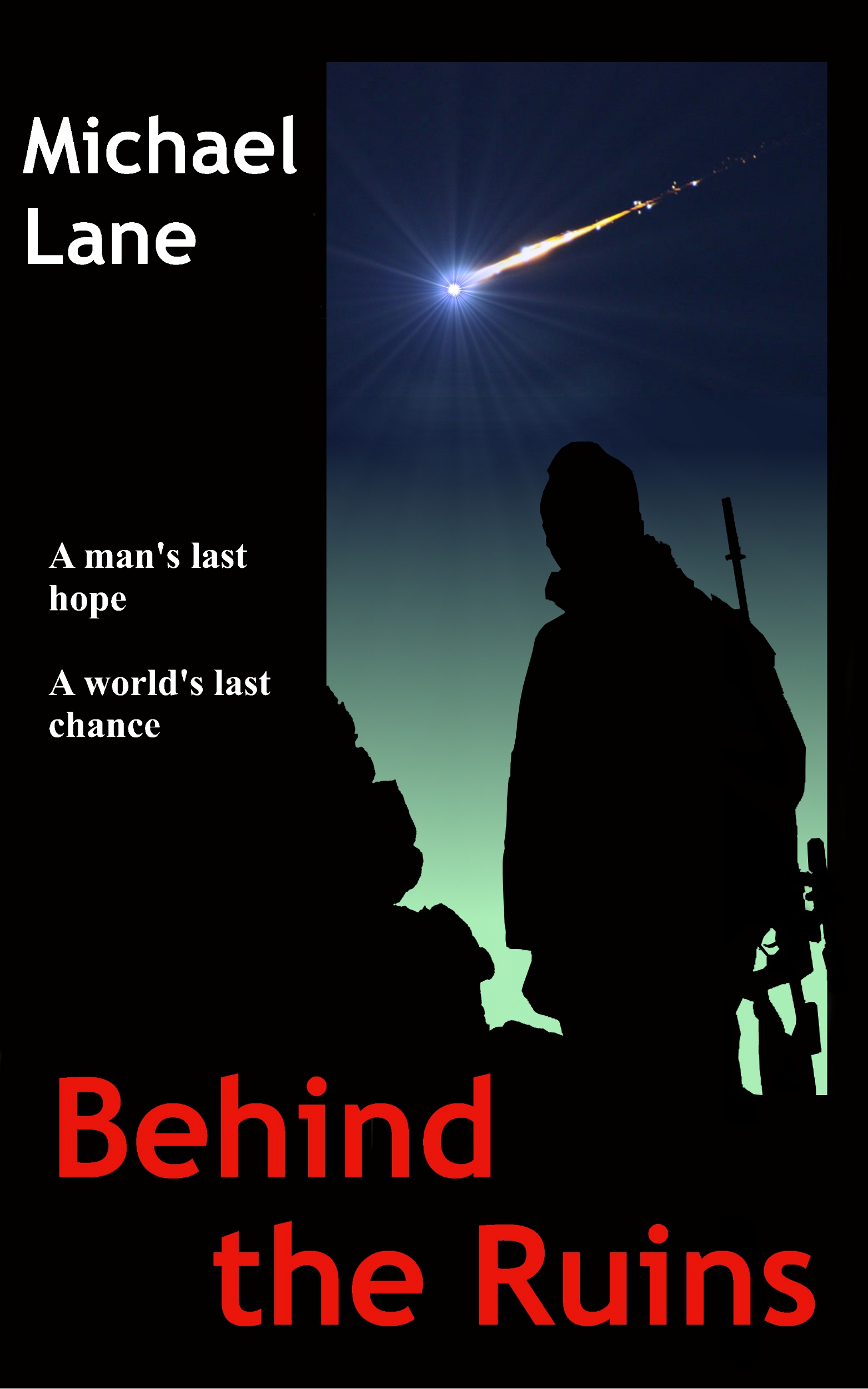I'm very happy to be able to say that indie writer
Cathrine Garnell, author of
Basil the Bionic Cat, has consented to an interview:
Jae: Why do you write fiction? What got you started and what do you think influenced you to take up fiction writing?
Cathrine: Ever since I was able to write, I’ve always penned stories of some sort or another. My mother used to read a lot of Enid Blyton to me when I was very small and I’ve always loved all types of stories. As I got older and began to choose my own books, there was no stopping me and I’m the same now. My to read pile is humongous, it’s like the Leaning Tower of Pisa on my bedside table and I’ve even built myself a library to house my lifelong obsession with the written word!
Jae: Can you tell me a little about the books you've written?
Cathrine: My first published children’s novel was
Basil the Bionic Cat – a story of Mad Scientists, secret laboratories, ruthless mafia gangs and Basil who becomes the world’s only Organic-Bionic Cat.
Vile Violeticia was next, followed by
Tamara’s Time Machine. I’ve also co-authored three adult novels too:
Clawless,
The Cross of Ramplet and a marketing book called
Cooking Up Customers.
Jae: How long does it usually take you to write a book?
Cathrine: It depends what I’m working on.
Basil the Bionic Cat took six months to write the first draft, but it was 92,000-ish words. Typically if I can get some peace and quiet a 40,000 - 50,000 word novel can take about 3 months. Shorter books, perhaps only a month, if I can sneak off and get some quiet time.
Jae: How do you choose the titles for your books?
Cathrine: The titles come out of nowhere, literally. I can be thinking about a 100 things at once and then a title will just pop into my head, I always make a note of every title that comes into my mind on my phone – that’s my new note book!
Jae: Do you think in concepts, pictures or words? If words, are they spoken or written?
Cathrine: I think in every medium, words, pictures and concepts all at the same time – it’s just how my brain works. It’s like a mass cosmic storm of endless information racing through my mind as the story reveals itself. I type pretty quickly, but sometimes my fingers just can’t keep up with my brain! LOL
Jae: Tell me about your writing process.
Cathrine: I don’t really have one, I know that sounds crazy, but I just sit at my computer, open a document and pray for inspiration. Usually something triggers the words and then the flow begins. On a really good day I can write up to 10,000 words, however on a bad day perhaps only a thousand.
Jae: What’s the most challenging aspect of writing for you, and how do you overcome that challenge?
Cathrine: The most challenging thing about writing is keeping up the consistency with one novel at a time – when so many ideas are popping into your head, sometimes it can be a bit difficult to stay with just one novel and I can have several on the go at once. I don’t recommend this system at all, so now I try my hardest to stick with just one at a time.
Jae: What do you like least about writing?
Cathrine: The least favourite thing for me about writing is the editing process. It’s the fun-killer of creativity! But it is a necessary evil of being an author, sad but true!
Jae: What do you like most about writing?
Cathrine: You get to play god! LOL (Not that I have a god complex I might add!) When you think about it, you actually are creating worlds and their inhabitants from scratch, so in effect you are The Creator of your creation. I love the fact that you can do anything, say anything and create anything for your characters and worlds, it’s like pure magic. It’s the best fun ever, especially when you’re writing something with a comedy element like my next novel –
Kosmic K9 and BatCat.
Jae: How do you make time to write?
Cathrine: Great question – now that my library is finally finished and has no internet in there at all – not even 3G (on purpose I might add) it makes it so much easier, as there is no lure to go online and check all my social media and websites! Prior to this I was fitting everything in with periodic stoppages to go web surfing. This interrupts the flow of the writing, so I’m really pleased to have a space where I can concentrate and there are no distractions, apart from the kitties who like to be with me. Basil can be a little naughty, he likes to tread on the keyboard if he’s feeling left out!
Jae: What important lessons have you learned as a writer that you'd like to pass on to others?
Cathrine: The one invaluable piece of advice I can pass on to other writers is this: Never stop writing, the more you do it, the better you become. It’s that age old adage: Practice makes Perfect (well sometimes!)
Jae: What are you working on now? Can we expect a new book any time soon?
Cathrine: At the moment I am just finishing the final edits on my latest novel for the 8 - 12 age group. It’s called
Kosmic K9 and BatCat ~ Quartermass and the Pigs. It’s due for release Spring 2013.














.jpg)






